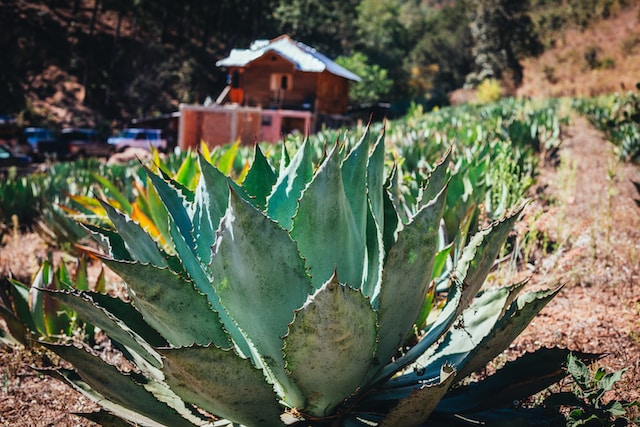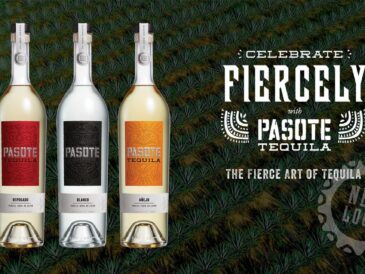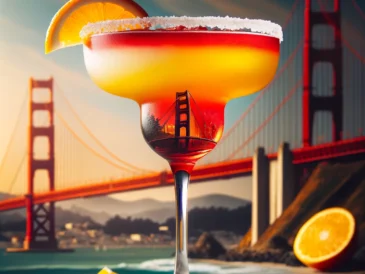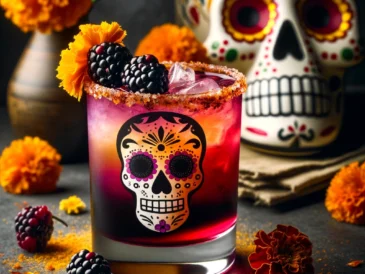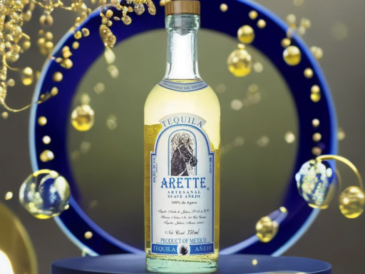We are excited to participate in Bernal Heights Earth Day events.
Sustainability in the tequila and mezcal industries has become increasingly important as concerns about the environment, resource depletion, and the preservation of traditional methods grow. Producers, brands, and industry organizations have implemented various sustainability practices to minimize their environmental impact, support local communities, and promote responsible consumption.
Sustainable Sipping: How Tequila and Mezcal Producers are Prioritizing the Environment
Here are some sustainability efforts in the tequila and mezcal industries:
-
Sustainable farming practices:
- Organic farming: Some producers grow agave without synthetic pesticides or fertilizers, reducing the environmental impact and preserving soil health.
- Polyculture farming: Planting multiple crops alongside agaves, such as corn or beans, can improve soil health and support biodiversity.
- Reforestation: Planting trees and other native plants around agave fields can help prevent soil erosion, sequester carbon, and provide a habitat for wildlife.
-
Agave management:
- Seed propagation: Traditionally, agave plants were cloned by removing offshoots (Hijuelos) from the mother plant. Seed propagation increases genetic diversity, making agave populations more resilient to disease and pests.
- Harvesting mature plants: Harvesting agave plants when they are fully mature (7-10 years for tequila and up to 25 years for some mezcals) improves the quality of the final product and allows plants to reproduce naturally.
-
Water conservation and recycling:
- Water-saving technologies: Many distilleries have adopted water-saving technologies, such as cooling towers and water recycling systems, to reduce water consumption.
- Wastewater treatment: Some distilleries treat wastewater and use it for irrigation or other purposes, reducing the environmental impact of effluents.
-
Energy efficiency and renewable energy:
- Energy-efficient equipment: Producers can reduce their energy consumption using energy-efficient distillation and production equipment.
- Solar power: Installing solar panels at distilleries can help reduce greenhouse gas emissions and reliance on fossil fuels.
-
Waste management and byproduct utilization:
- Recycling agave fibers: Agave fibers, a byproduct of the production process, can be recycled into products such as paper, textiles, or building materials.
- Using spent agave as animal feed or compost: Spent agave can be used as a nutritious feed for livestock or as compost to enrich the soil.
-
Preservation of traditional methods:
- Supporting artisanal producers: Many mezcal brands work with small-scale, traditional producers to preserve age-old production methods and ensure an adequate income for local communities.
- Education and tourism: Agave-focused educational programs and eco-tourism initiatives can help raise awareness about preserving traditional and sustainable methods.
-
Certifications and industry initiatives:
- Certifications: Some tequila and mezcal producers have obtained sustainability certifications, such as organic or Fair Trade, to demonstrate their commitment to responsible practices.
- Industry initiatives: Organizations like the Tequila Interchange Project (TIP) and the Mezcal Collaborative promote sustainability, education, and best practices within the tequila and mezcal industries.
These are just some examples of the sustainability efforts in the tequila and mezcal industries. As consumer demand for environmentally responsible products grows, more producers are expected to adopt sustainable practices to preserve the environment and support local communities.
Sustainable Brands
Several tequila and mezcal brands have made sustainability a core part of their business practices, supporting eco-friendly production methods, conservation efforts, and local communities. Here are a few examples of such brands:
Tequila:
-
Patrón Tequila:
- Operates a distillery designed for energy efficiency, water conservation, and waste reduction.
- Recycles 100% of the water used in the production process.
- It uses a natural gas pipeline to reduce greenhouse gas emissions.
-
Tequila Ocho:
- Produces single estate tequilas, with each estate implementing sustainable practices.
- Harvests agave plants only when fully mature, allowing for natural reproduction.
- Uses a natural fermentation process without added chemicals.
-
Siembra Valles Ancestral Tequila:
- Emphasizes traditional production methods and sustainable farming practices.
- Harvests mature agave plants and use natural fermentation techniques.
- Ensures fair labor practices and supports local communities.
Mezcal:
-
Del Maguey Mezcal:
- Works with small-scale mezcal producers to promote traditional and sustainable practices.
- Participates in reforestation efforts and supports biodiversity.
- Supports local communities through the Del Maguey Sustainability Initiative.
-
Mezcal Vago:
- Collaborates with traditional mezcal producers who use sustainable farming and production methods.
- Harvests mature agave plants and encourage seed propagation.
- Promotes transparency and traceability in the mezcal-making process.
-
Rey Campero Mezcal:
- Prioritizes traditional, artisanal production methods.
- Harvests only mature, wild agave plants.
- Uses organic and sustainable farming practices.
These are just a few examples of tequila and mezcal brands actively supporting sustainability. The landscape of sustainable spirits is constantly evolving, with more brands taking steps to minimize their environmental impact and support local communities. Therefore, searching for and supporting brands that align with your values and prioritize sustainable practices is important.
